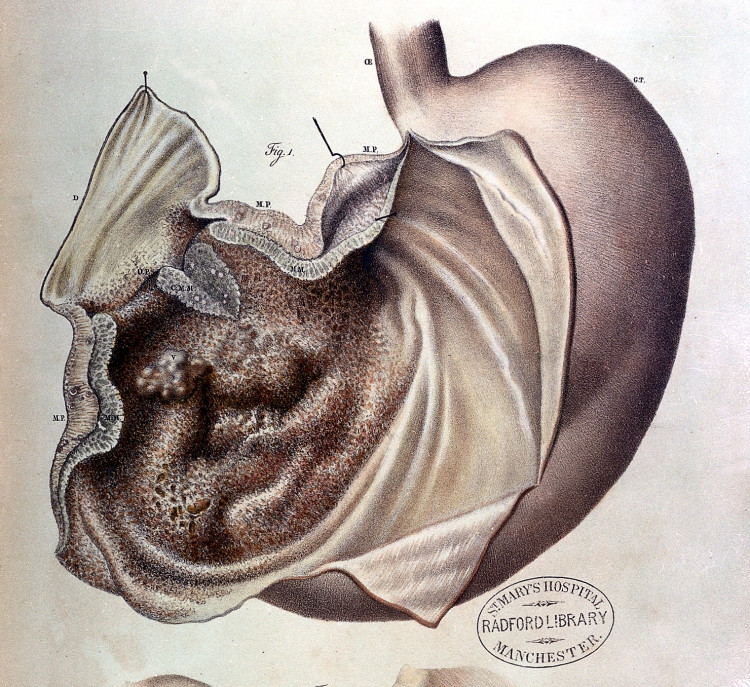The herpes virus that causes mono in rare cases can raise the risk of developing certain types of cancer. And researchers at the Duke-NUS Medical School know how.ch team, the
According to the research team, the Epstein-Barr virus (EBV) can directly latch onto bundles of genetic material in infected cells, and switch "on" nearby genes that turn healthy cells cancerous.
Not all people with EBV will automatically develop cancer. However, there are instances in which the virus can increase the risk of developing Burkitt's lymphoma, nasopharyngeal cancer, and certain types of stomach cancers.
According to a 2019 report in the journal Annual Review of Pathology, although 90% of people catch EBV worldwide, only less than 2% of cancer cases are linked to the infection. Other viruses that are considered cancer drivers, such as human papillomavirus (HPV) and hepatitis B, increase cancer risks by worming their way into the genomes of their infected host. As for EBV, it does a different attack.
According to study author Patrick Tan, executive director of the Genome Institute of Singapore and a professor at the Duke-NUS Medical School, instead of latching on with host DNA, EBV DNA intertwines with the surface of the host DNA in a way that alters the shape of the molecule and activates the cancer genes nearby. The research, published in the journal Nature Genetics, details where on the host genome the viral DNA grabs hold.
Infectious mononucleosis, or mono, is a contagious infection most commonly caused by the Epstein-Barr virus (EBV). Symptoms include fever, sore throat, and extreme fatigue that can last for several weeks.
There is not much you can do to treat this virus but try to relieve the symptoms as you would a cold or flu. Mono is a viral infection, which means it cannot be treated with antibiotics. In fact, common antibiotics like penicillin and amoxicillin can cause an allergic reaction for people with mono.
However, understanding how it works in the body could allow researchers to develop therapies and treatments in order to undo how the virus evolves.
There is still a lot to learn about the virus and how it links to cancer, but Tan said that "the link between EBV and certain types of cancer has been known for many years." In fact, researchers have known that EBV has been linked to up to 10% of stomach cancers, and is the third most fatal cancer, according to a statement from Duke-NUS Medical School.






